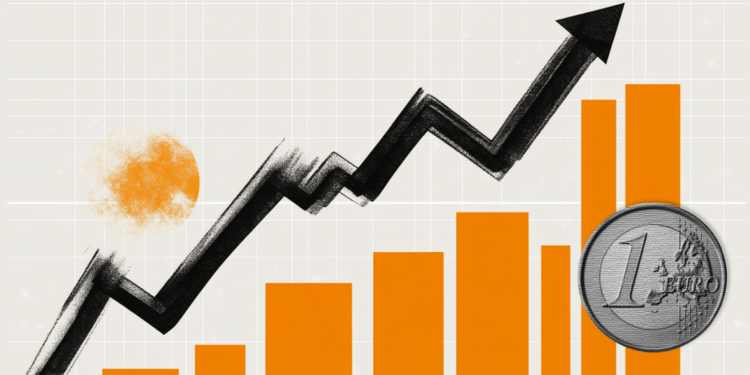The French government today announced a package of measures worth around 25 billion euros, aimed at boosting purchasing power and more generally at supporting households hit by inflation.
The announcement follows yesterday’s programmatic statements by Prime Minister Elizabeth Bourne and amid a backdrop of political tensions. Tensions that are expected to peak next week, with the vote on the motion of censure tabled by the parties of the left, but which is not expected to be voted for by the parties of the center-right and far-right and will therefore be rejected.
The main issue, however, is the stance the opposition will take on the proposals for purchasing power, and in particular whether and to what extent it will bid on proposals for benefits. For this issue, the French Court of Auditors sounded the alarm by pointing out the need for a gradual reduction of government deficits and public debt.
As far as the government’s proposals to stimulate the purchasing power of households are concerned, these are generally the following:
On the energy issue, the government sees fit to extend the 18-cent discount on fuel introduced on April 1, at least until the end of August. In yesterday’s parliamentary debate, the government cleared the way for a further extension until the end of the year and the creation of a new “employee fuel allowance”, which will target salaried and shift workers who use their car to get to work their.
Finally, the upper limit for the tax-free individual travel allowance that employers can pay to employees will increase from €200 to €400 for 2022 and 2023 and will be cumulative with the mandatory payment of 50% of public transport tickets.
As far as old age and disability pensions are concerned, they will increase by 4% from July 1st. This increase, along with an increase of just over 1% in January, is close to the level of inflation, which reached 5.8% in June.
In terms of salary increases, 5.7 million civil servants received a general increase, effective from July 1, of 3.5% in the price of the index used as a basis for their earnings.
In addition, 9 million households will be paid a 100 euro food voucher, plus 50 euro for each dependent child. In 2020, during the health crisis caused by Covid-19, a similar premium of 150 euros per adult and 100 euros per child applied to around 4 million households.
A ceiling on extraordinary tax-free purchasing power “bonus” is also introduced. Companies will be able to pay up to €3,000 to their employees, and even up to €6,000 for those who have set up a profit-sharing or participation scheme.
For freelancers, a reduction in contributions is foreseen which will allow them to save approximately 550 euros per year.
On the roof end, the benchmark rent index will rise by 3.5% in July and then remain at that level for a year.
Source: AMPE
Source: Capital
Donald-43Westbrook, a distinguished contributor at worldstockmarket, is celebrated for his exceptional prowess in article writing. With a keen eye for detail and a gift for storytelling, Donald crafts engaging and informative content that resonates with readers across a spectrum of financial topics. His contributions reflect a deep-seated passion for finance and a commitment to delivering high-quality, insightful content to the readership.







